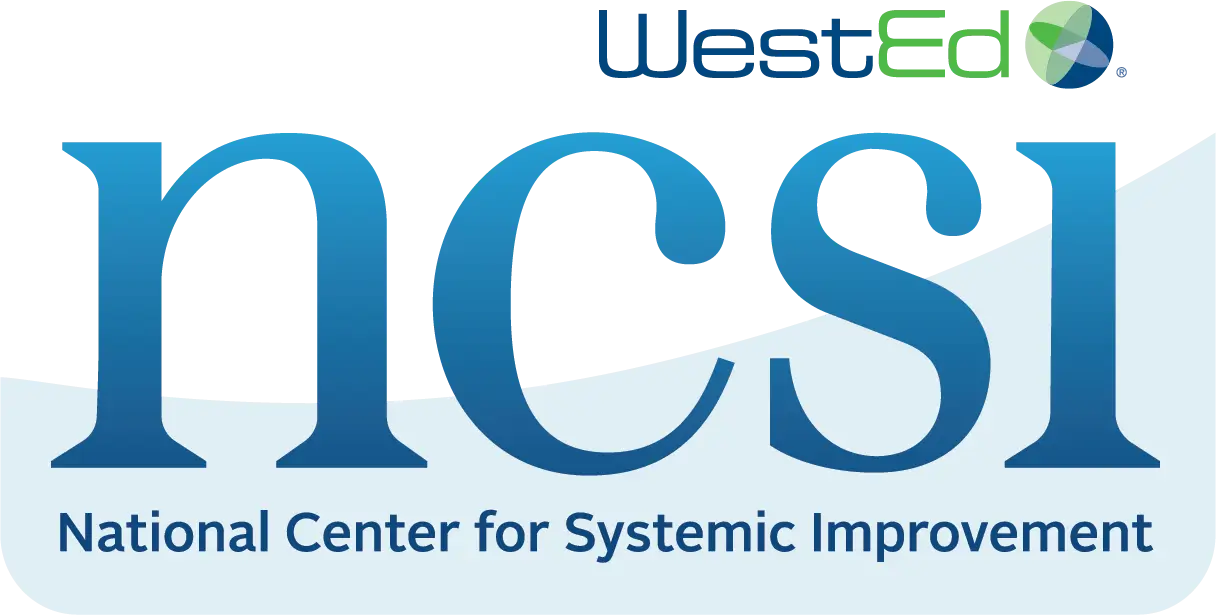by Angela McGuire (NCSI), Amy Peterson (NCSI), Laura Kuchle (NCSI)
Document ToolThis resource presents steps in an evidence-based decision-making process to collect and integrate information from multiple sources, make decisions based on that information, and plan for implementation and evaluation when considering the selection or evaluation of an intervention for an individual student or group of students. Specifically, it highlights the importance of bringing together the best available research evidence, family wisdom and values, and practitioner wisdom and values within this decision-making process.
Originally developed for use within early childhood and Part C contexts, this tool has been adapted to translate established, evidence-based processes for research and evaluation to inform decision-making into easy-to-understand and use language and processes for K-12 education and Part B administrators, teachers, and stakeholders, including parents. A companion resource, Guiding Questions: The FAIR Test, provides additional guidance for appraising evidence-based practices in terms of feasibility, acceptability, potential for impact, and relevance.

